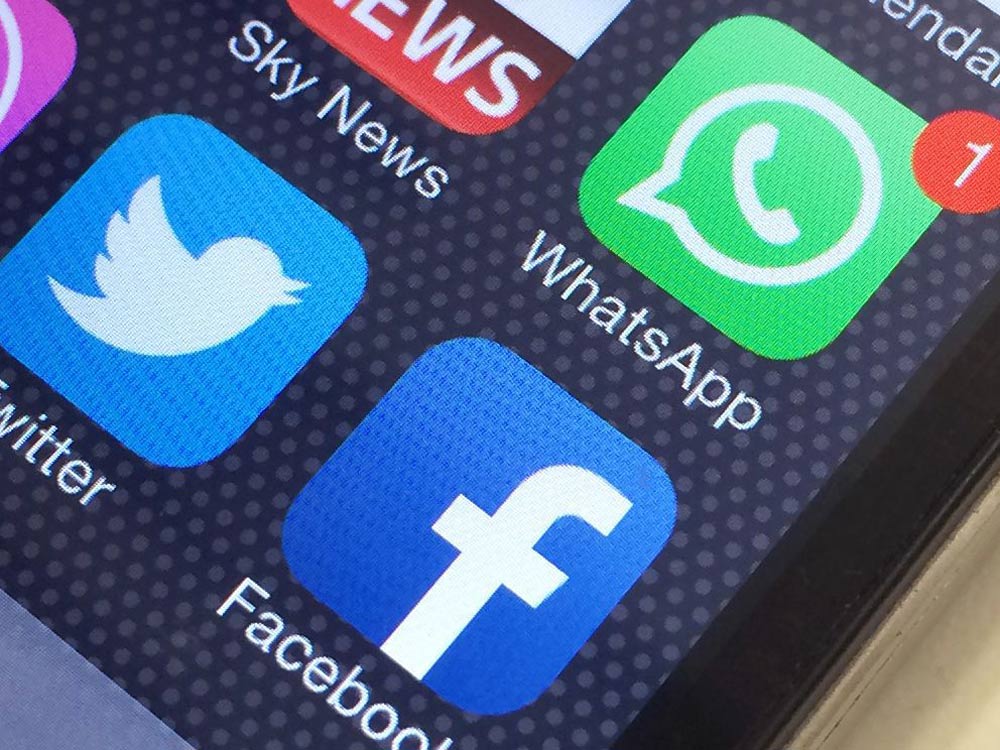Were You Part Of Facebook's Social Experiment?
Facebook wanted to see if FOMO (fear of missing out) applied to the internet, using YOUR profile...

Celebrity news, beauty, fashion advice, and fascinating features, delivered straight to your inbox!
You are now subscribed
Your newsletter sign-up was successful
Facebook wanted to see if FOMO (fear of missing out) applied to the internet, using YOUR profile...
When you check Facebook and all of your friends on your news feed seem to be doing really well - like terrifically well - do you feel happy for them, or do you feel left out of the fun?
Back in 2012, Facebook wanted to see if being exposed to positivity on the Internet (seeing tons of positive posts fill up your news feed) would make you feel left out. They set out to tackle FOMO (fear of missing out) by manipulating the news feeds of 700,000 users by hiding negative posts from one group and hiding positive posts from another.

According to Facebook data scientist Adam Kramer: ‘The reason we did this research is because we care about the emotional impact of Facebook and the people that use our product.'
‘We felt that it was important to investigate the common worry that seeing friends' post positive content leads to people feeling negative or left out. At the same time, we were concerned that exposure to friends' negativity might lead people to avoid visiting Facebook.’

But the results were the exact opposite. ‘Seeing a certain kind of emotion (positive) encourages it rather than suppresses it,’ he explained. It has long been known by psychologists that group behaviour is contagious. If the people around you are spreading positive vibes, you might see a boost in your own happiness.
‘And at the end of the day, the actual impact on people in the experiment was the minimal amount to statistically detect it -- the result was that people produced an average of one fewer emotional word, per thousand words, over the following week.’ Small maybe, but influential for sure, and not in the way Facebook expected.
Celebrity news, beauty, fashion advice, and fascinating features, delivered straight to your inbox!
News about this experiment, that took place over two years ago, has only just surfaced. The study was conducted from 11-18 January 2012, unbeknownst to any of its participants and this has sparked criticism.
We want to know what you think. Does it worry you that Facebook conducted a psychology experiment without anyone knowing? Or do you think it's all a fuss about nothing? Let us know in the comment box below.